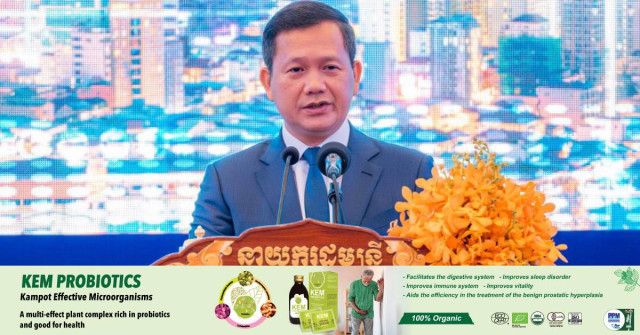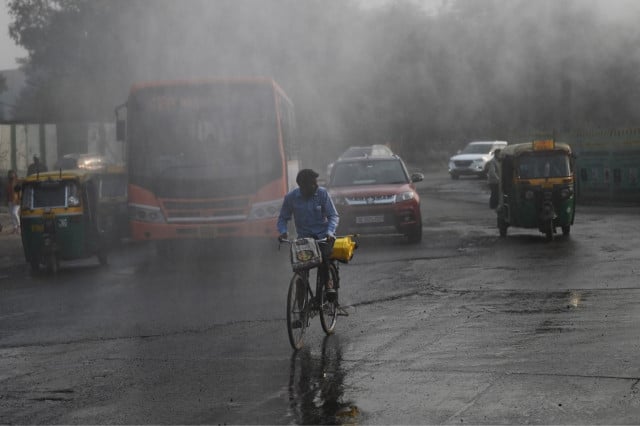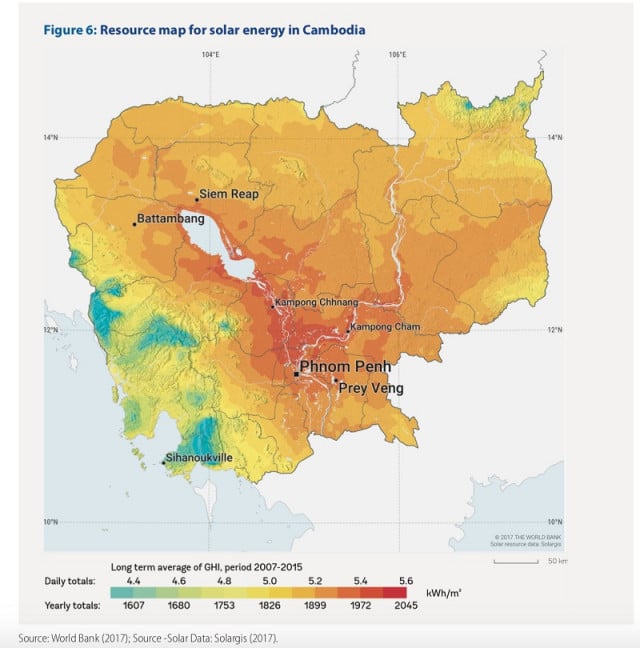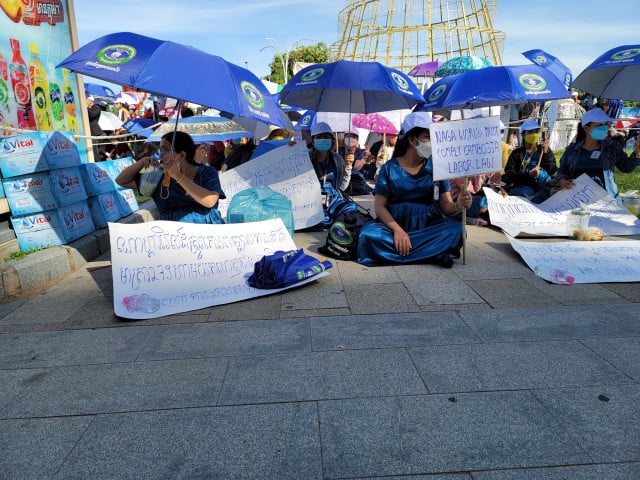PM Calls for Increasing Cambodia’s Digitalization

- By Meng Seavmey
- March 12, 2024 10:50 AM
PHNOM PENH – Prime Minister Hun Manet on Mar. 11 called on national and international actors of the digital industry to discuss how to increase the use of technology within the State’s institutions and use it as a tool to ensure cybersecurity and tackle cybercrime.
At the 1st Digital Government and Digital Technology Expo of the Digital Government Forum, Manet made five requests to the actors of the industry.
One of them is to respond to the challenges and opportunities posed by new technological innovations, especially Generative Artificial Intelligence (AI) tools that can generate text, photos or videos.
While such innovations can increase productivity, they also increase the use of netizens’ private data which are often transferred to data centers overseas, raising questions about the sale of private data and their protection.
Hun Manet said all actors should further sharpen the implementation of relevant policy measures and use the “Open Whole-of-Government” approach, which consists of digitalizing all processes within the administration.
The prime minister also called for the harmonization of policies, regulations, and standards between Southeast Asian countries to facilitate trading activities and digital services, and to strengthen knowledge and experience-sharing sessions.
He urged the actors of the industry and authorities to strengthen regional measures to respond to regional cybersecurity problems and cybercrimes, such as online scams and the spread of fake news.
“Technology is the fifth angle of the Pentagonal Strategy-Phase 1. Digitalization attracts maximum benefits from the development of information and telecommunication technology. This aims to increase economic productivity and efficiency,” Hun Manet said.
“This is to boost economic growth and build a digital civil society from which citizens can take advantage of using digital services inclusively that are trust-worthy and highly safe, while also preserving the country’s identity and culture,” he added.
The COVID-19 pandemic prompted people to make greater use of technology in their everyday lives. Digital payments reached $492 billion in 2023, a significant increase from the $272 billion recorded the year before.
There were also more than 19 million registrations for mobile internet connection and mobile phone service connection in 2023, Manet said.
Also, the verify.gov.kh platform, which aims to verify the authenticity of documents and to counter fake news and fraud, is being used by 35 ministries and education institutions. The service won a gold medal for Best Public Sector Digital Solutions at the ASEAN Digital Awards 2024 in Singapore
Thus far, Cambodia has also implemented technology projects in Public Financial Management Information, National Single Window system, Electronic Payments of Customs system, Non-Tax Revenue Management Information and Management of State Property systems, Business Registration system, digital education or electronic learning system, Identification Management system, and other management systems of private movable and immovable properties.
Many public and private institutions have also been using the Cambodia Data Exchange (Cam DX) system, which allows public and private institutions to share and securely send data among the various components of the State. The platform won an international award in 2022, called the “Future of Government Award.”
Prime Minister Hun Manet added that the government has been organizing a digital political agenda proactively and open-mindedly as stated in the ASEAN Digital Masterplan 2025 and the UN’s Digital Strategy 2022-2025.
In the ASEAN framework, Cambodia is also contributing to boosting ASEAN’s digital economy from $1 trillion to $2 trillion by 2030, Manet claimed.
At the forum, four memorandums of understanding (MOUs) were signed. These include the MOU on digital revolution between Cambodia’s Ministry of Post and Telecommunications and Laos’ Ministry of Technology and Telecommunication, and that between the ministry and the United Nations Development Programme (UNDP).
The other two included a MOU on the Digital Government Cooperation Center which was signed by the ministry and South Korea’s Ministry of Interior and Safety, and a MOU on the Digital Research Center between the ministry and South Korea’s National Information Society Agency.















